

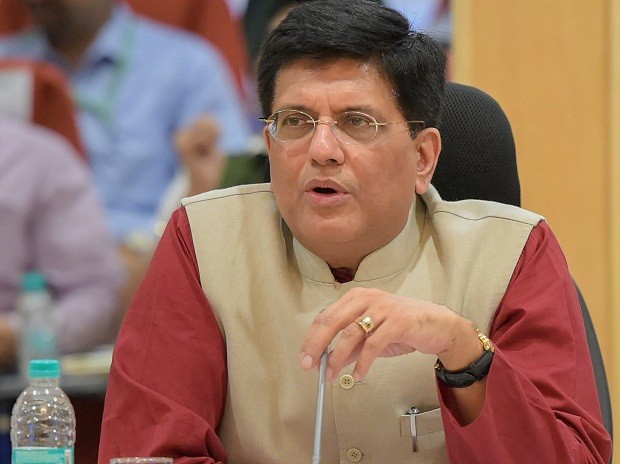
Union Minister of Commerce & Industry, Consumer Affairs, Food and Public Distribution, and Textiles, held a meeting with Product-Linked Incentive (PLI) beneficiaries, where he asked for constructive criticism and cooperation to boost the manufacturing sector. He clarified that the PLI scheme is not for dependency on the government, but to support businesses in their growth. The minister emphasized the importance of becoming global players and scaling businesses for success.
Union Minister Piyush Goyal convened a meeting with beneficiaries of the Product-Linked Initiative (PLI) to solicit constructive feedback and foster collaboration for propelling the manufacturing sector. He stressed that the PLI scheme is not designed to create dependency on the government, but rather to empower businesses in their growth trajectory. Goyal emphasized the significance of becoming global players and scaling businesses for enduring success.
What is the Product-Linked Initiative (PLI)? Answer: The PLI scheme is a government program aimed at boosting domestic manufacturing and enhancing competitiveness in key sectors. It provides financial incentives to companies that meet specific production and investment targets.
Why is the PLI scheme important? Answer: The PLI scheme is crucial for promoting Make in India, reducing imports, and creating employment opportunities. It also seeks to attract foreign investment and enhance the overall competitiveness of Indian manufacturing.
Which sectors are covered under the PLI scheme? Answer: The PLI scheme covers various sectors, including automobiles, pharmaceuticals, electronics, and textiles. A complete list of sectors can be found on the official website of the Department of Promotion of Industry and Internal Trade (DPIIT).
How can businesses benefit from the PLI scheme? Answer: Companies can benefit from the PLI scheme by receiving financial incentives, such as direct subsidies, tax concessions, and interest subventions. These incentives are linked to specific performance targets, such as production volumes, export value, and job creation.
What is the role of the government in the PLI scheme? Answer: The government plays a facilitating role in the PLI scheme by providing financial support, setting performance targets, and monitoring progress. The government also works closely with industry stakeholders to ensure the effective implementation of the scheme.
For further information, refer to the official website of the DPIIT: https://dpiit.gov.in/

The Indian stock markets took a nosedive on Monday morning amid concerns over the impending US reciprocal tariffs. The Nifty 50 and Sensex were trading significantly lower in early trade, with all sectoral indices in the red and IT and metal sectors taking the biggest hit. While some recovery was seen after the initial crash, major companies like Tata Steel and Tata Motors continue to suffer losses.

A recent report reveals that Fox News could potentially face legal repercussions for its privacy practices, specifically for the California Consumer Privacy Act (CCPA). The law states that companies must disclose how they collect and use consumer data. This development could have significant implications for the news network and its viewers.
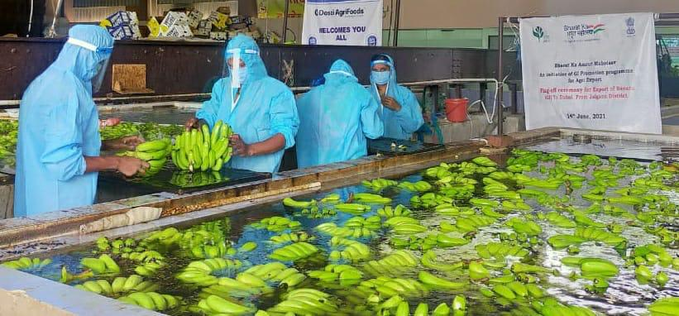
In a pioneering move, the Trilokeswar Farmer Producer Company (FPC) and the Department of Horticulture have successfully exported 12 tons of G9 bananas from Kalampur, Kalahandi to Dubai, marking the district's first international banana shipment. Led by farmers Smruti Ranjan Mund, Nilamani Lahajal, and Narayan Sahu, the project aims to enhance the state's agricultural and economic growth. The G9 variety, known for its high yield, nutrition value, and resistance to diseases, is set to make waves in the international market, offering a sweet and healthy treat to consumers.

At the Startup Maha Kumbh, Union Commerce Minister Piyush Goyal expressed disappointment with India's startup ecosystem for prioritizing food delivery, betting, and fantasy sports apps. He urged Indian startups to follow the lead of Chinese startups, which are excelling in areas such as electric vehicles, battery technology, semiconductors, and artificial intelligence. Goyal questioned whether India should settle for low-wage gig jobs or strive for technological progress. Despite having over 100 unicorns, India's third-largest startup hub, Goyal's remarks raise concerns about the country's focus on certain industries and its potential for innovation and development in other areas.
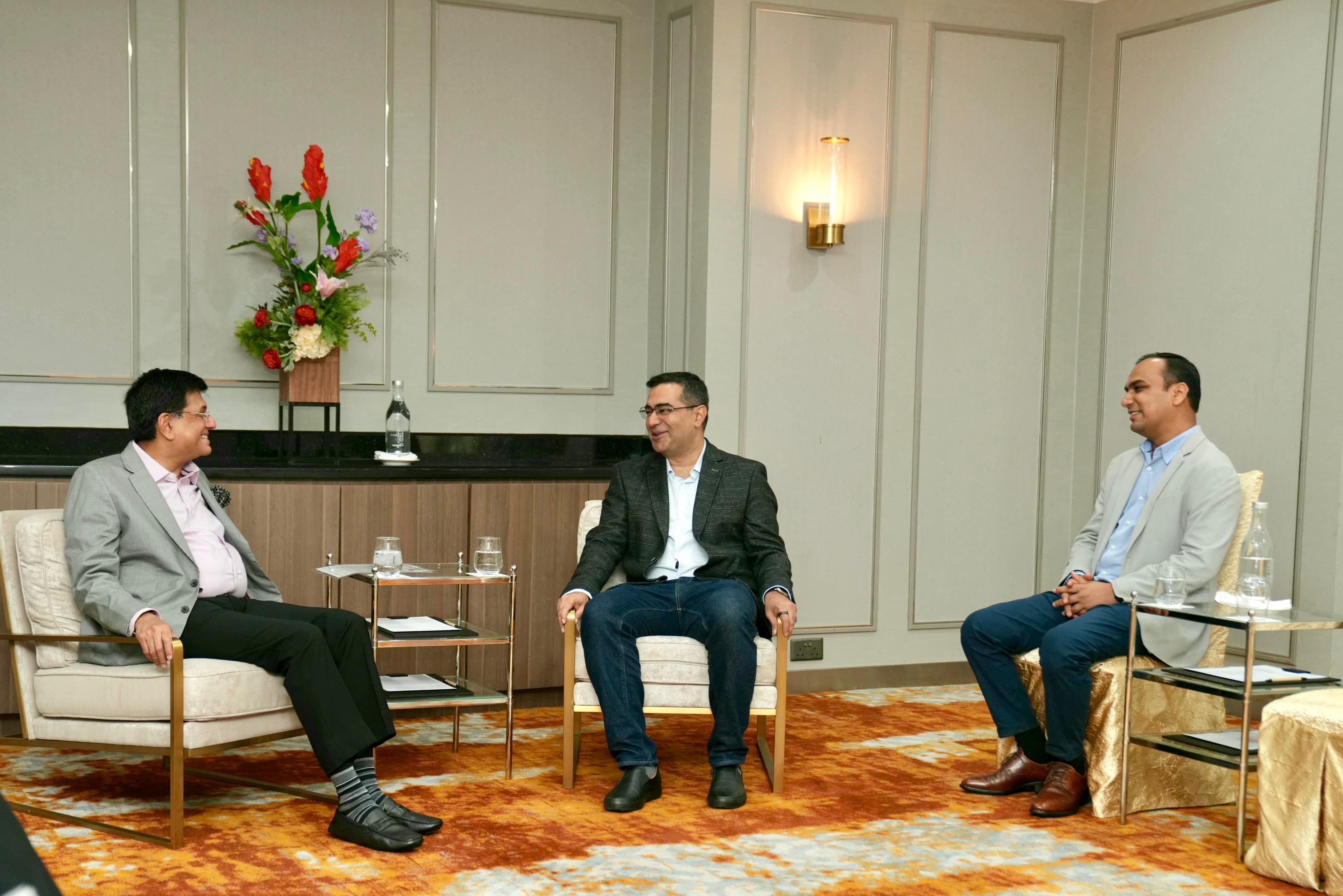
Union Commerce Minister Piyush Goyal's criticism of India's startup ecosystem has faced resistance from industry leaders, who argue for the importance of government support in fostering local champions in the technology sector. Zepto CEO Aadit Palicha and former Infosys executive Mohandas Pai were among those who pushed back against Goyal's assertions at the Startup Maha Kumbh event, emphasizing the need for long-term growth and support for startups rather than just quick exits. Business leaders push back against Union Commerce Minister Piyush Goyal's criticism of India's startup ecosystem at the Startup Maha Kumbh event. They argue for the importance of fostering local champions in the technology sector and urge for government support to help achieve this goal. Goyal had questioned whether the country's startups were truly driving progress, citing a heavy focus on food delivery and low-wage gig jobs.
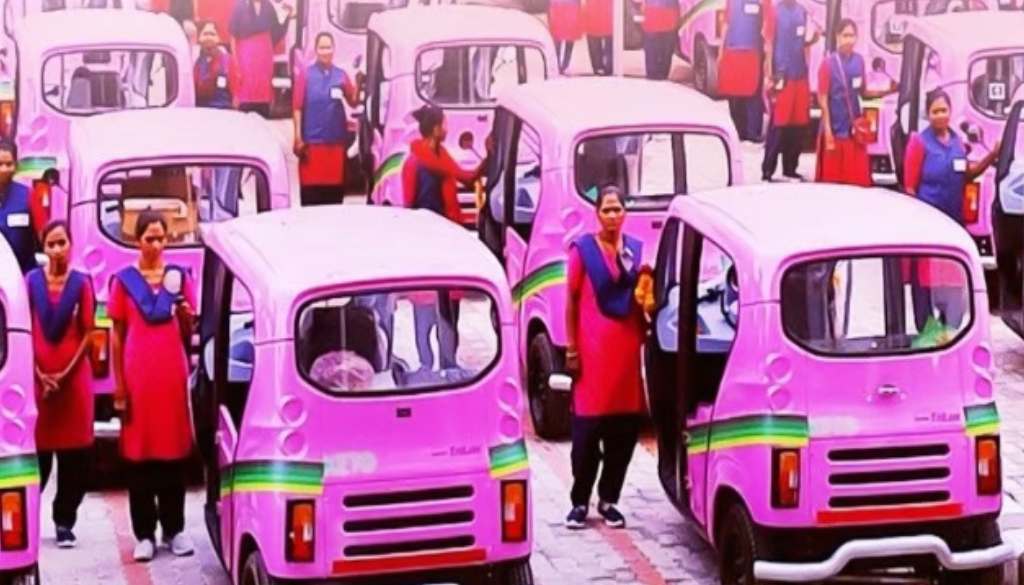
Jhankar Mahila Mandal and Gamini Driving School celebrated the successful completion of their E-Rickshaw training program, aiming to empower women from marginalized communities. The event, attended by esteemed guests and held under the guidance of Smt Abha Dwivedi, provided not just driving skills but also self-defense, financial planning, and computer and communication skills. This initiative not only bridges gender gaps but also opens up employment opportunities, reinforcing the commitment of the organizers to continue empowering women through driving education.
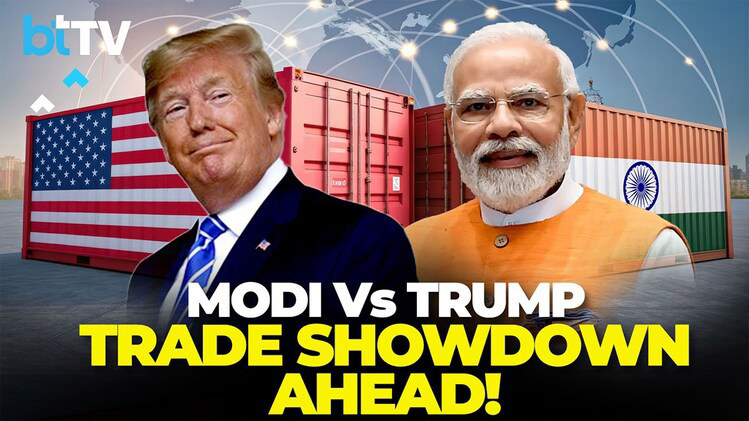
The US-India trade war has taken a toll on Indian stock markets as they continue to decline. President Trump's 27% tariff on Indian imports, although lower than tariffs on other Asian countries, has caused major dips in the BSE Sensex and Nifty. The impact of this trade war has also been felt in Asian markets, with Nikkei 225 and Kospi experiencing drops in the aftermath of Wall Street's shock. Stay updated on the latest developments in this trade dispute by following Screen Digital on YouTube.
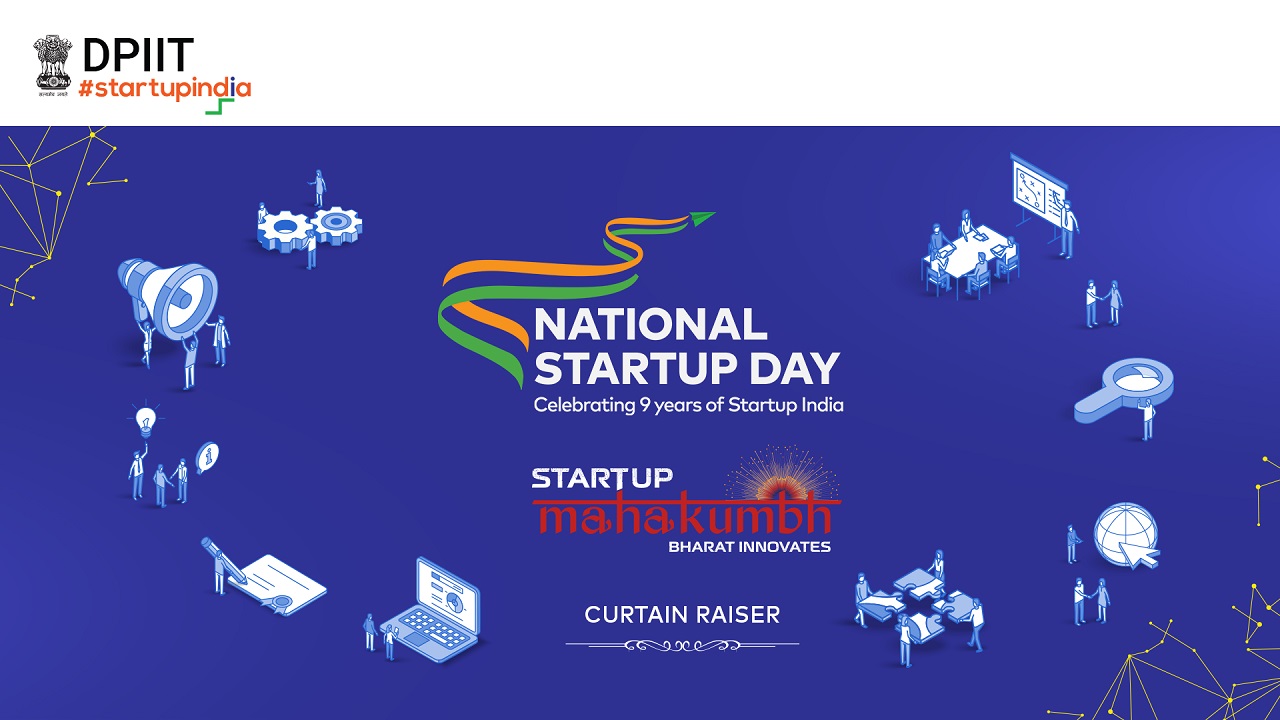
The three-day Startup Mahakumbh, inaugurated by Commerce and Industry Minister Piyush Goyal, is set to bring together 3,000 startups, over 1,000 investors, and 10,000 delegates from 50 countries. With a focus on fostering collaboration and innovation, this event will lay the groundwork for the future success of entrepreneurs. The second edition, set to take place in 2025, will feature participation from tribal entrepreneurs and showcase the growth of the Indian startup ecosystem.

In a surprise move, billionaire entrepreneur Elon Musk's artificial intelligence company xAI has acquired the popular social media platform, X, in a multi-billion dollar deal. With X's massive reach and data spanning two decades, xAI's advanced AI capabilities are set to get a big boost. However, the acquisition raises concerns about potential layoffs and the company's lack of accountability as a private entity. Only time will tell how this strategic move will impact the future of both xAI and X.

President Trump announced new tariffs on major trading partners, including India and China, during a speech at the White House on April 2. These "reciprocal tariffs" match the duties these countries have imposed on US goods, with India set to face a 26% tariff and China set at 34%. The tariffs will go into effect on April 9 at 12:01 am local time, sparking concerns for industries such as automobiles, with companies like Volkswagen already taking action to mitigate the impact.